Pakistan In Debt
By Mahvish Akhtar
The new Pakistani government’s official visit to the Middle East has been highly fruitful. They managed to secure an $8billion package from Saudi Arabia. Pakistan proposed doubling the oil finance facility from $1.2 billion to $2.4 billion, and the Kingdom of Saudi Arabia agreed, according to an official. The purpose of an oil facility is to prepare the oil for sale to the client’s satisfaction.
Additional money would be deposited through Sukuks ( Sukuk is similar to a bond in western financing; however, it complies with the Islamic way of financing); it was also agreed between the two countries that the existing deposits of $3 billion would be rolled over for a period extending up to June 2023.
“Pakistan and KSA discussed an additional package of over $2 billion either through deposits or Sukuk, and even more money will likely be provided to Islamabad,” said official sources, adding that the size of the total package would be determined when additional money was finalized. Saudi Arabia had provided $3 billion deposits to the State Bank of Pakistan in December 2021, while the Saudi oil facility first became operational in March 2022, whereby Pakistan was provided $100 million to procure oil.
Saudi Arabia had provided a $7.5 billion package last time PML-N was in government under Prime Minister Shehbaz’s older Brother, Mr. Nawaz Sharif. Under the PTI-led regime, Saudi Arabia had provided a package of $4.2 billion, including $3 billion deposits and a $1.2 billion oil facility for one year, and linked it with the IMF program.
The revival of the IMF program is considered imperative because the gross external financing requirement is estimated to be around $35 billion during the next fiscal year 2022-23. Without the program’s backing, this huge financing gap cannot be bridged. There are economists, however, who feel it is not an entirely lost cause. In their opinion measures can be taken to help this situation. Dr. Ashfaque Hasan Khan, a Ph.D. in economics from John Hopkins University and the Principal and Dean of Social Science & Humanities at the National University of Sciences and Technology (NUST) is one of them.
In Dr. Khan’s words, “The government and other stakeholders gave Pakistan 14 billion dollars. But we had a leaking bucket. On one side, the money was coming in; on the other side. The money was going to importing luxury goods. That was the greatest mistake we committed. When money started coming in from Saudi Arabia, UAE, Qatar, and China, we could have built our reserves, but we wasted them. On one side, the reserve was being built; on the other side, luxury imports such as chocolates, cell phones, 3000cc cars, etc. were coming into the country.”
In recent years, Saudi Arabia has provided Pakistan with $4.2billion of support in the form of a $3billion loan deposited with the central bank and $1.2billion in deferred oil payments to boost its foreign reserves. The cash-strapped nation’s foreign exchange reserves plunged below $11billion last month.
Pakistan has sought an increase in the size and duration of its $6billion International Monetary Fund (IMF) program, the country’s finance minister, Mr.Miftah Ismail, has said. “I’ve requested the fund, and I think they have, largely, they’ve agreed to extend this program for another one year,” he said. “I’ve also requested that they enhance the funding available to Pakistan from $6 billion under this program to perhaps a little bit more.”
The details will be decided when the mission comes to Pakistan in May, he said.
Ismail commented in a video statement on Monday following talks with the IMF in Washington. It came after the fund said Islamabad has agreed to roll back subsidies to the oil and power sectors ahead of a resumption next month of reviewing the IMF’s support for the country.
Saudi Arabia also pledged “to further enhance the financing of petroleum products” this is coming at a time when Pakistan is suffering from widespread power cuts.






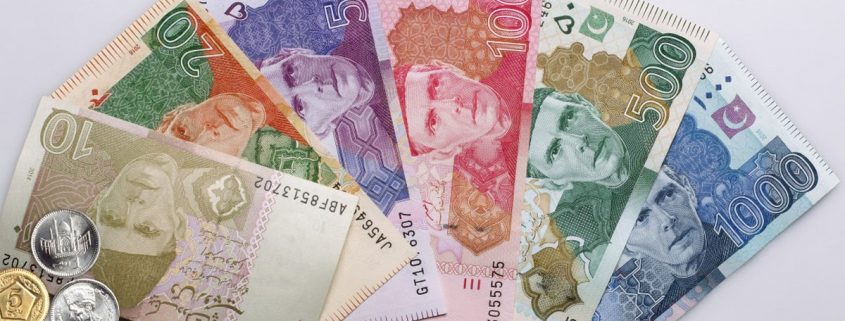
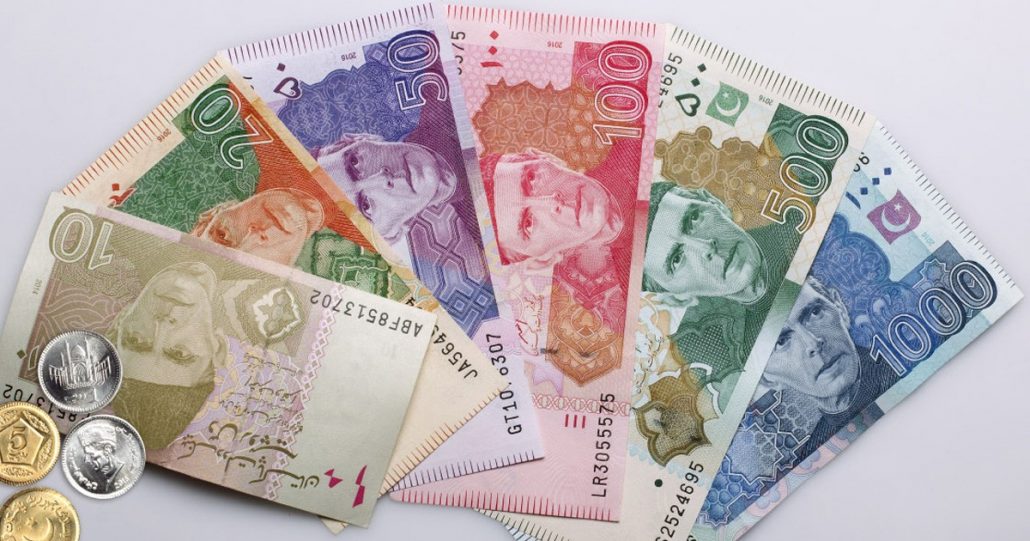

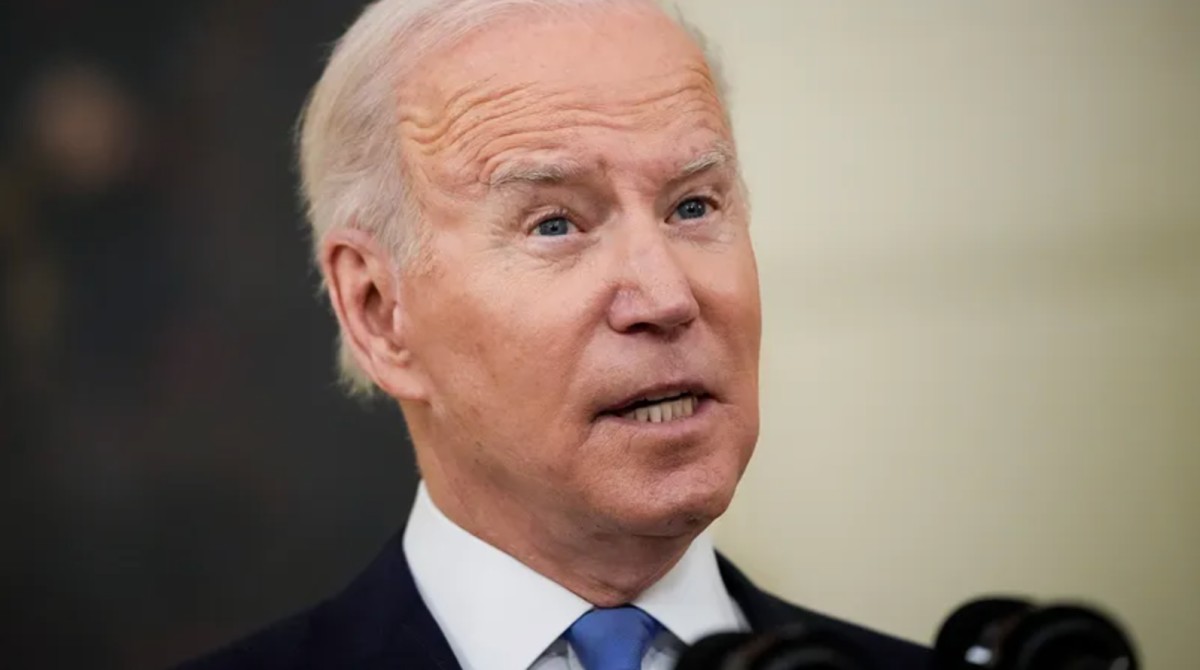
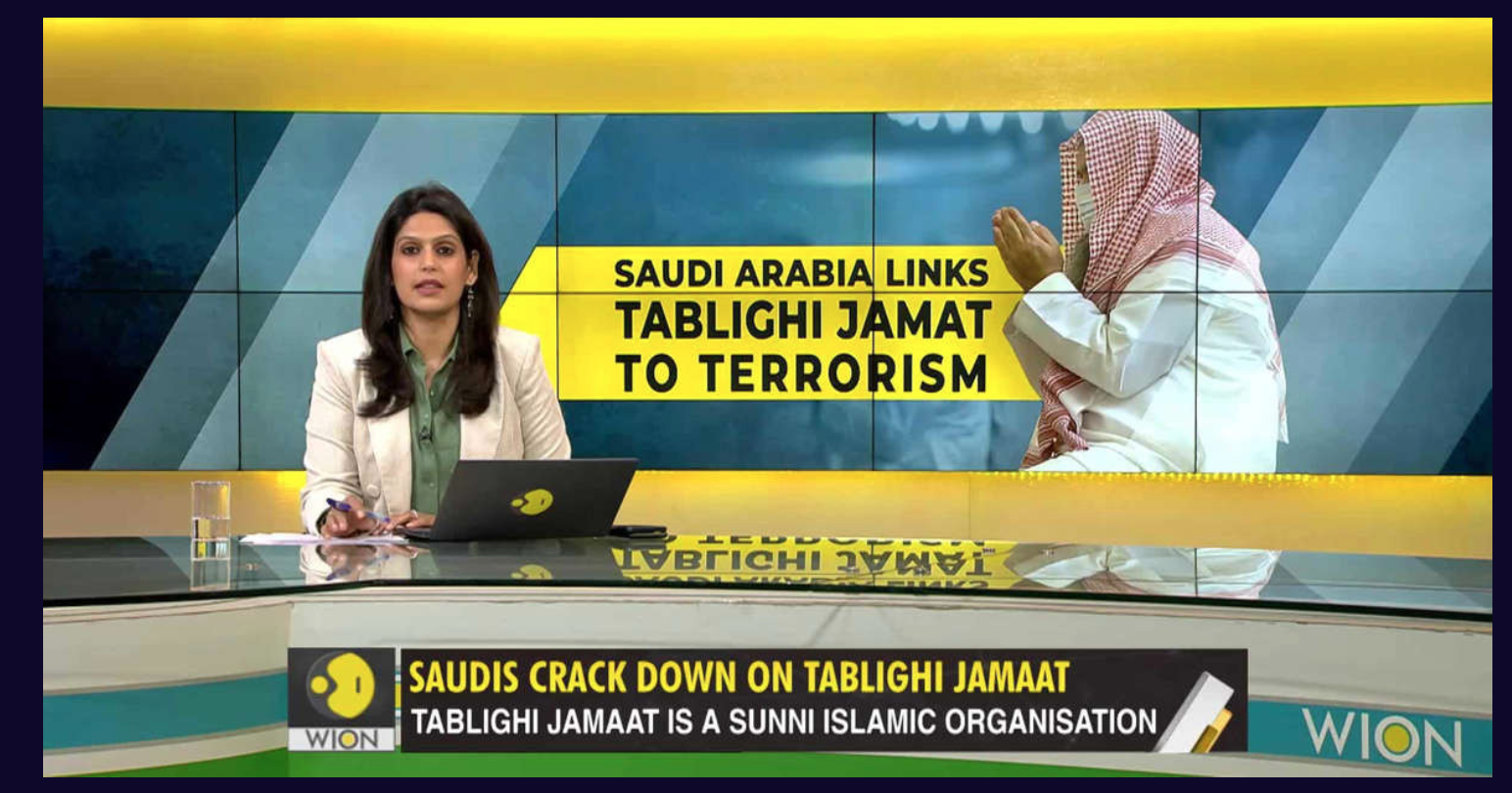
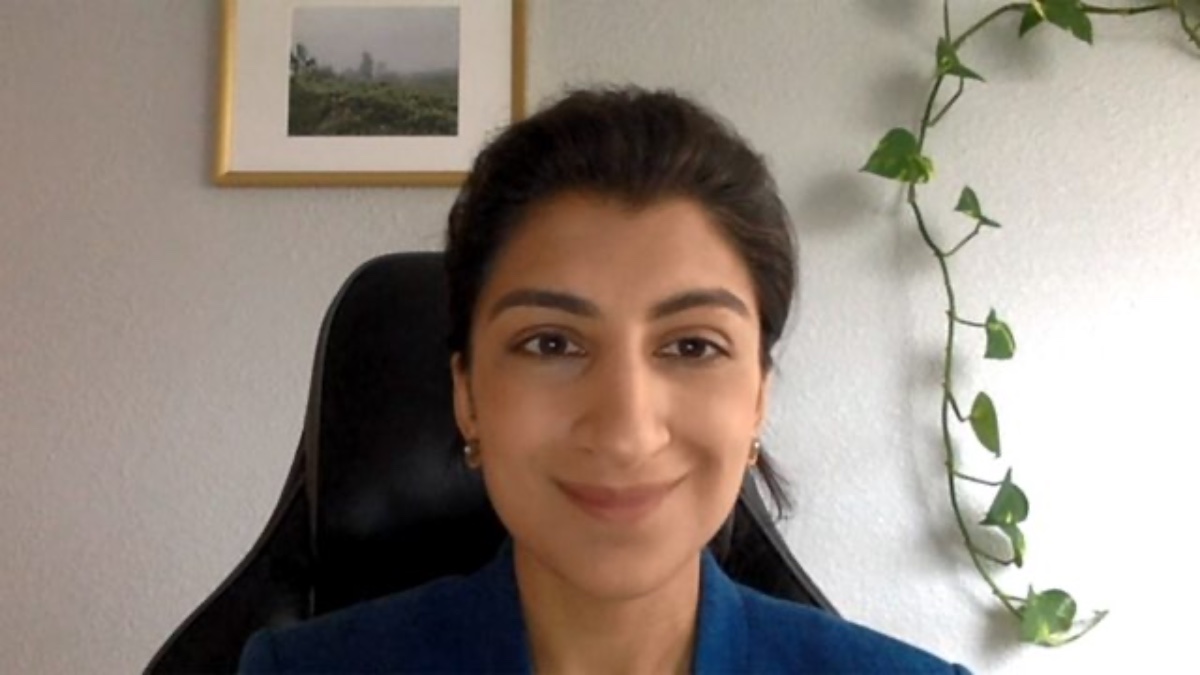

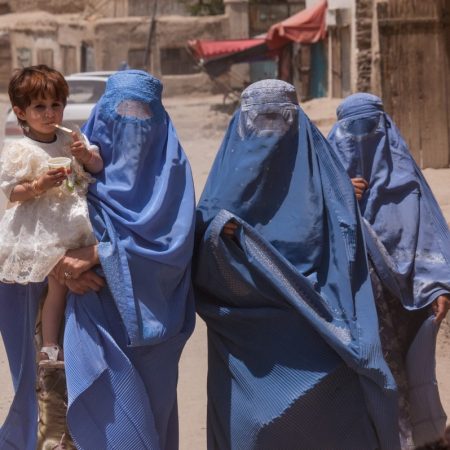
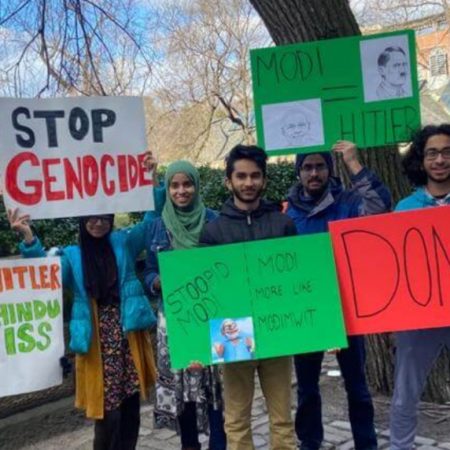






2022
2,729 views
views
0
comments